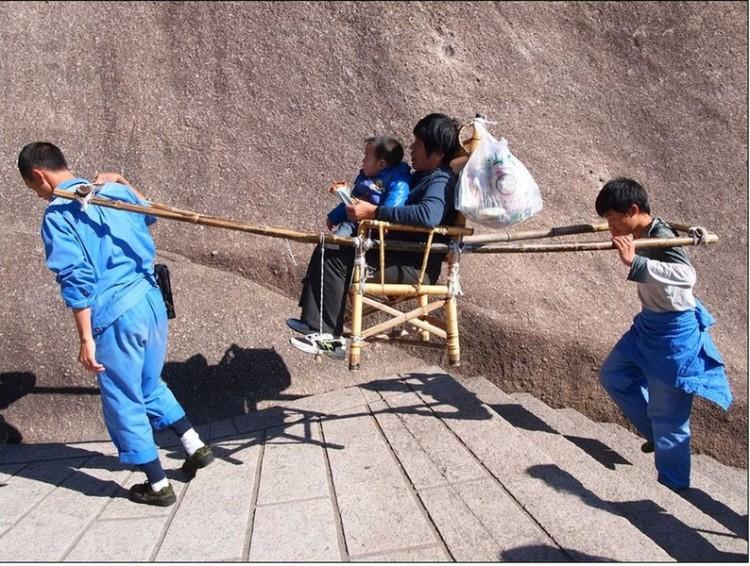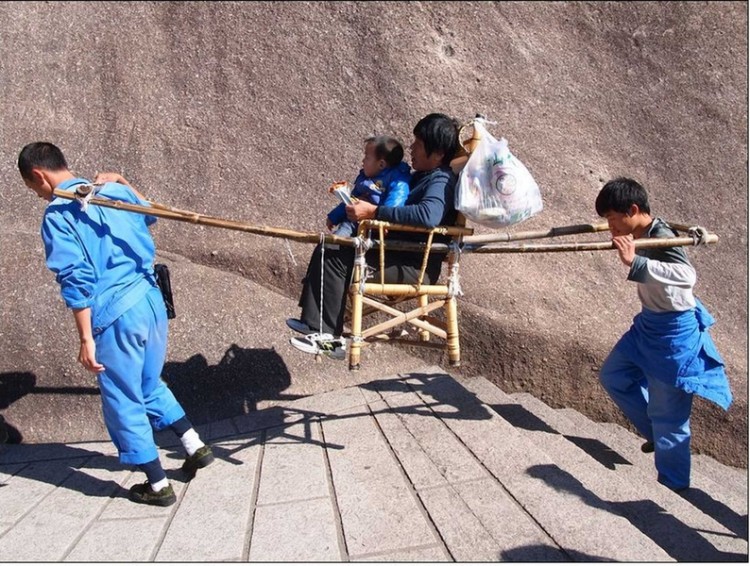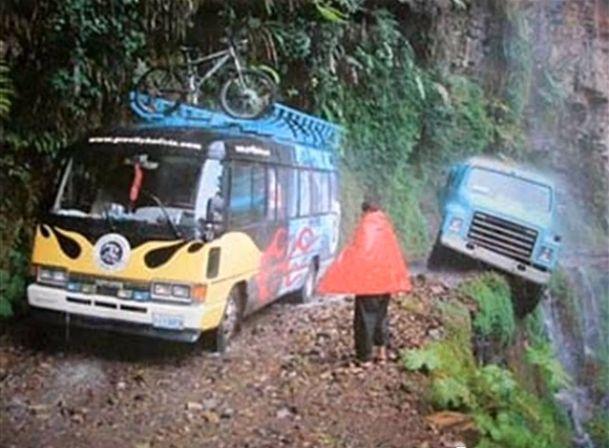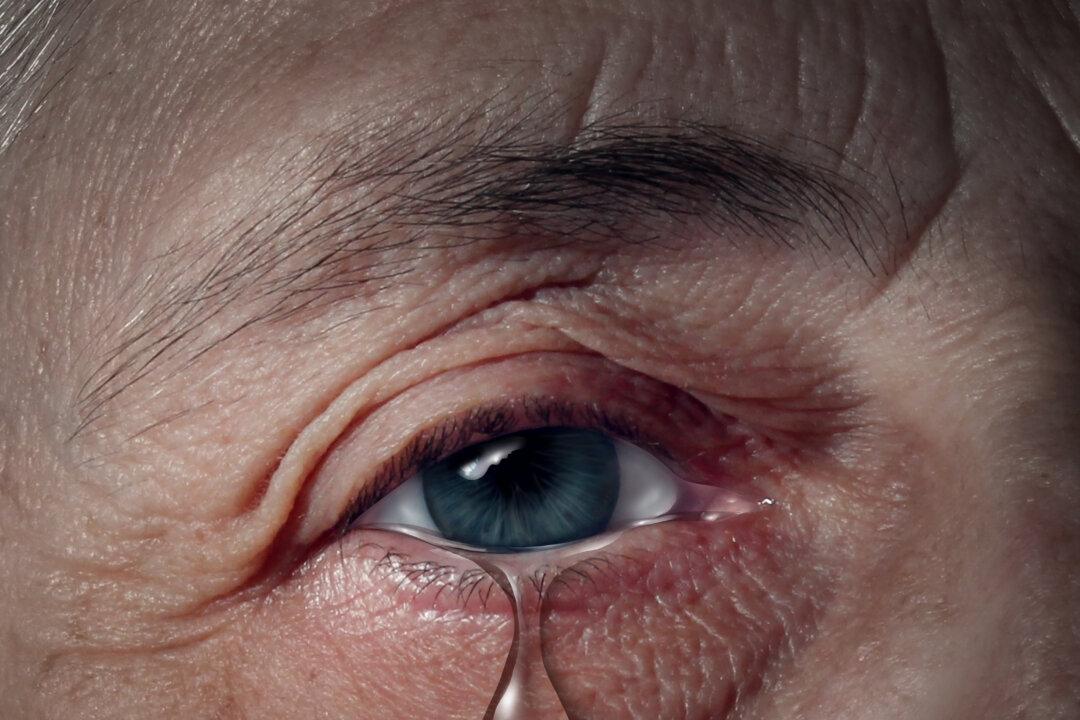Around this time every year China undergoes a massive internal migration, with over 200 million people traveling from cities back to their hometowns to celebrate the Chinese New Year with family. Going on a sight-seeing tour is often part of the fun.
But amidst all the revelry, there are traps. Lots of them. According to an internal document from a travel agency, recently circulated online, travelers during the Chinese New Year need to watch out for con artists, not overpay for food, be wary of extortion from luggage porters, ignore culinary tips from taxi drivers, and try to avoid temples, among a range of other avoidances.
Visitors to the Yellow Mountain who agree to be carried on a litter, for example, are sometimes made to pay up more than they had intended halfway through the journey.
At Lu Mountain in Jiangxi, travellers were told to make sure their luggage doesn’t get stolen—slipping the porter a few bills solves that.
It’s customary to ask a taxi driver for recommendations on where to eat—but not advisable in Qingdao, a coastal city of Shandong: most of them get kickbacks from restaurants, and lead travelers to places that are expensive and dirty.
City guides that work for free are also to be distrusted.
Even the ostensible place of worship, a humble temple, tries to get as much money as it can off visitors, with tickets sold to enter the courtyard, the main shrine, another ticket to burn incense, another to ring the bells, and another for fortune telling.
The travel agency memo, whose source was not identified in the discussions online, said that the tricks often play off the victim’s wish to “gain petty advantages,” whereupon they find themselves trapped. Some research and preparation before departure will help, the advisory says.
The hazardous locales identified are among the most well-known for tourists in China; at the end of the document, an omnibus list of them was provided. Some no-nos were very specific. “Do not make purchases in the bars of Yangshuo, Guangxi autonomous region,” one said.
Another cautioned: “Do not listen to the tour guides and eat roasted whole lamb on Hulunbuir Grassland, northeast of Inner Mongolia.”
Read the original Chinese article.
The Epoch Times publishes in 35 countries and in 21 languages. Subscribe to our e-newsletter.






